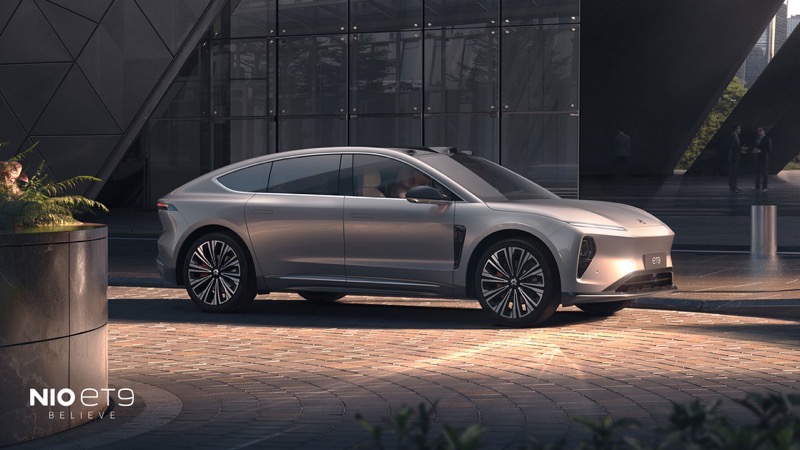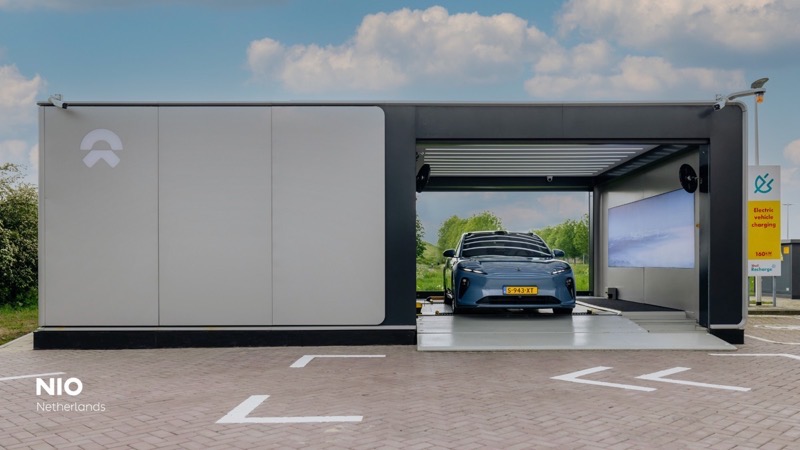
NIO Unveils ET5 Sedan with Up to 620-Mile Range, to Rival Tesla Model 3
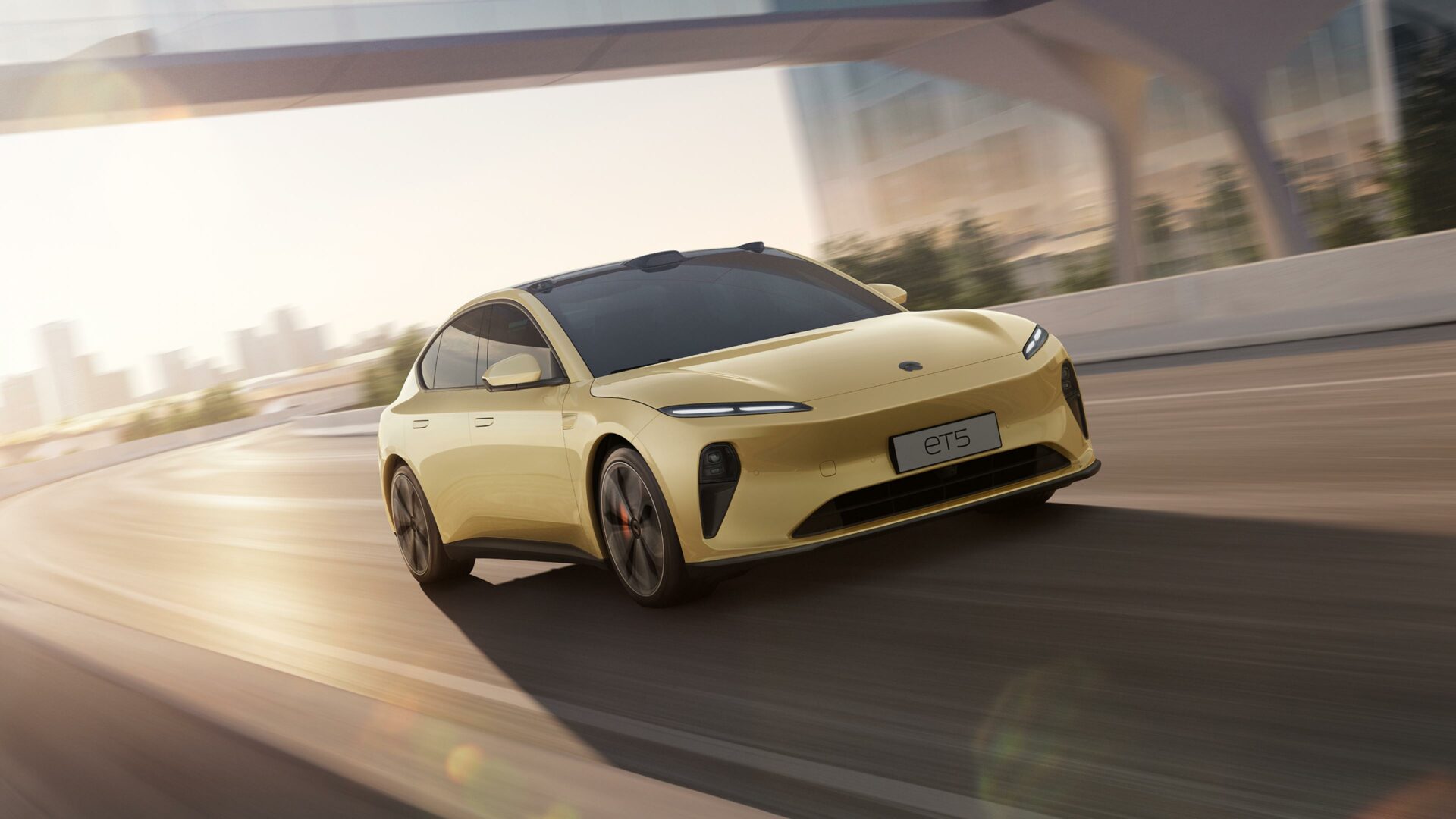
On Saturday, NIO unveiled the sleek-looking ET5, a mid-sized smart electric sedan, at its NIO Day 2021 event in Suzhou, China (via CnEVPost), that looks to take on Tesla’s Model 3.
The ET5 is meant to be the entry-level younger sibling to the NIO ET7, the company’s first (and flagship) electric sedan that was unveiled back in January. The ET5 draws on the design language of the ET7, and if you disregard its rear, the electric vehicle (EV) has a similar aesthetic to most Porsche models.
The ET5 is going to be NIO’s lowest-priced offering, competing directly with Tesla’s Model 3. Even so, the Chinese carmaker does not appear to have compromised on the ET5’s exterior and interior design.
On the inside is a cocoon of ‘Clean+’ sustainable fabric with improved acoustic performance, completed by “soft-close doors with frameless windows and flush door handles.” The ET5 also comes with a UWB digital key and smart key for access.
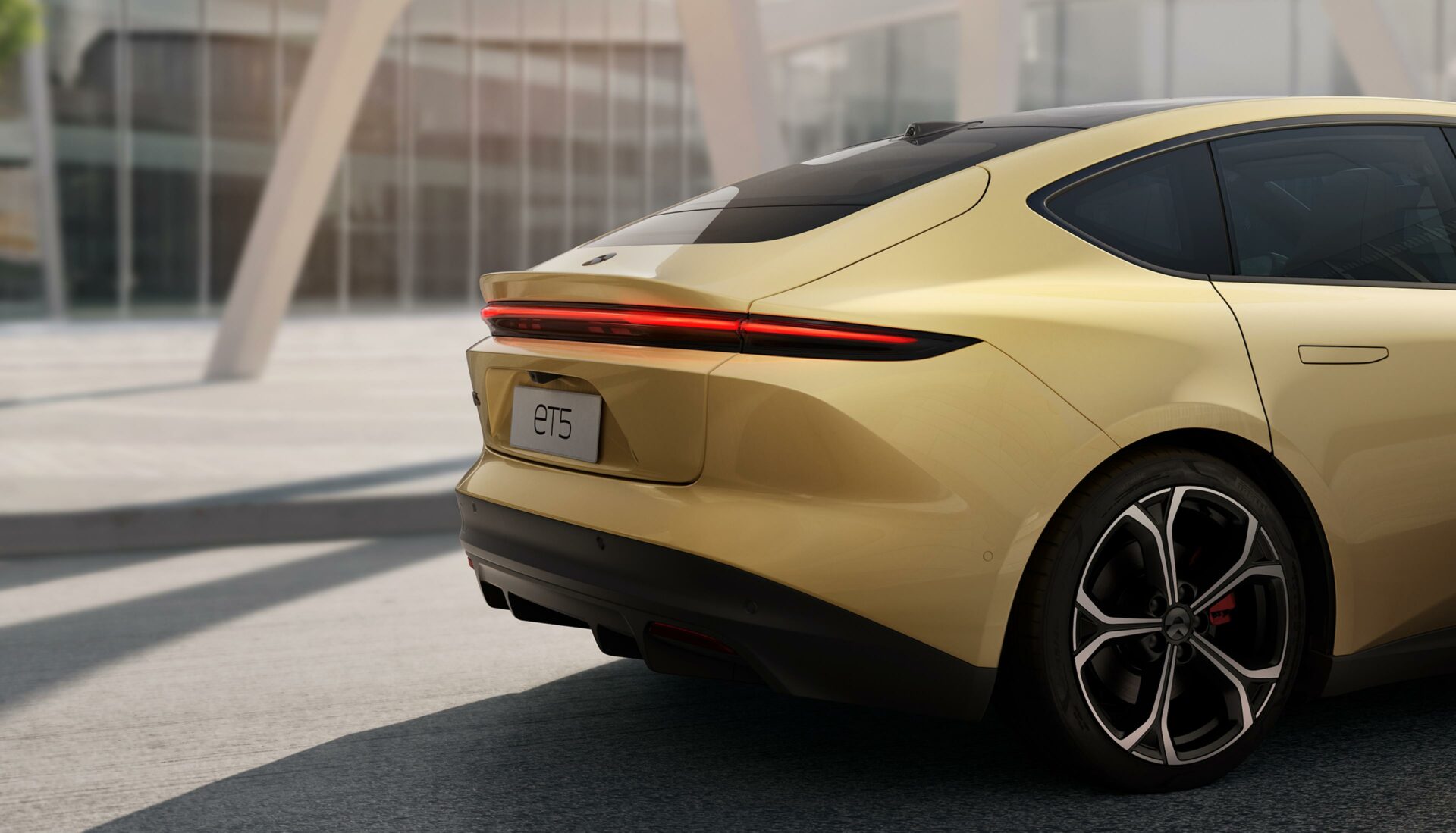
NIO’s ET5 features LiDAR, fitted on the roof of the car, and comes with the latest iteration of the NIO Autonomous Driving (NAD) suite of driver-assistance technologies.
According to NIO, the ET5 can go 0-62 mph (0-100 km/h) in around 4.3 seconds and can stop from 62 mph (100 km/h) in 33.9 metres.
The ET5 has a CLTC-rated range of 341 miles (550 km) with NIO’s 75 kWh Standard Range Battery, 435 miles (700 km) with the 100 kWh Long Range Battery, and a whopping 621 miles (1000 km) with the 150 kWh Ultralong Range Battery.
It’s worth noting these claimed ranges are based on the China Light-Duty Vehicle Test Cycle (CLTC), developed by the China Automotive Technology & Research Center (CATARC), created to replace European testing for energy consumption and emissions.
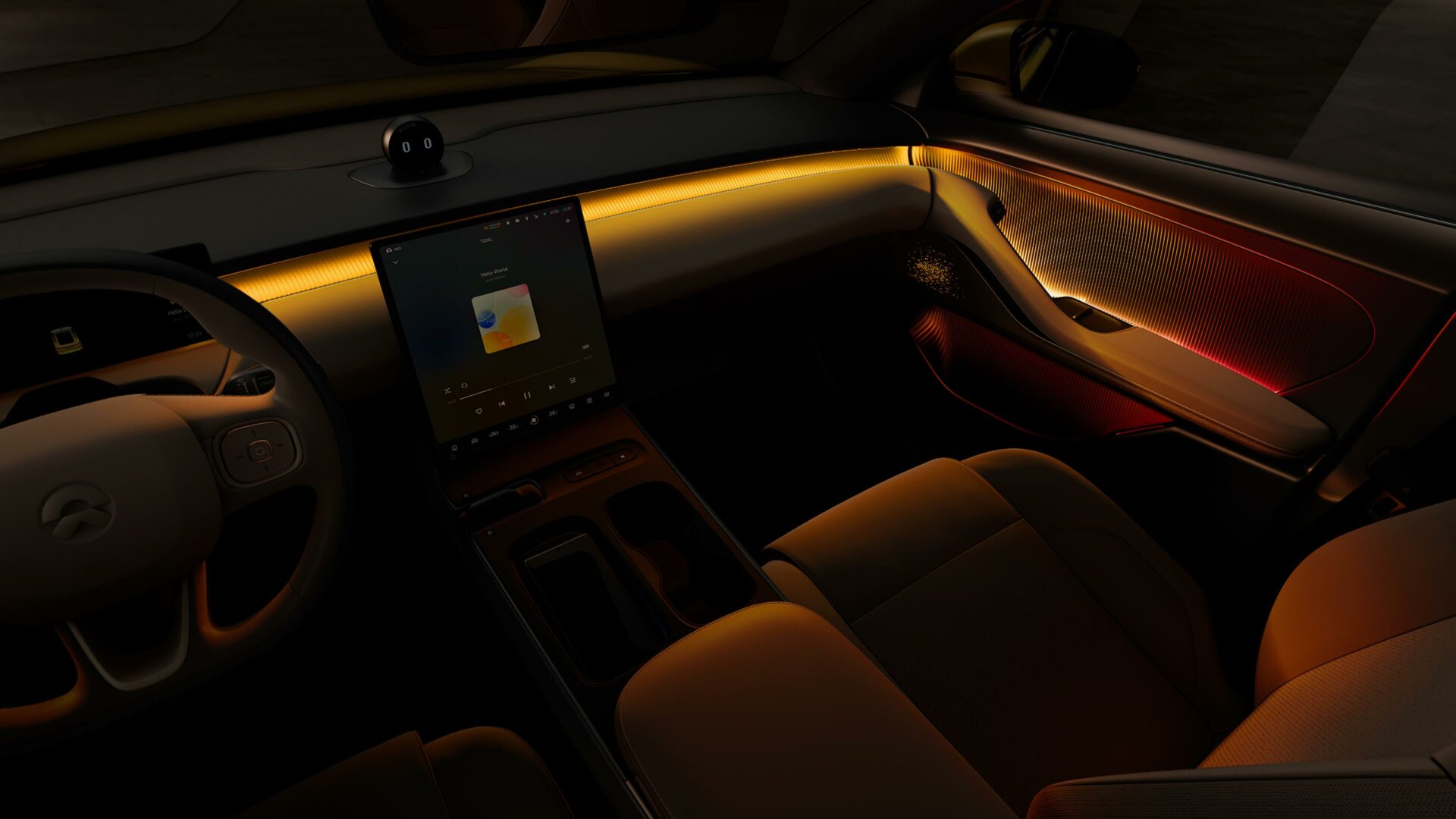
If you get the ET5 with a battery option that doesn’t fully meet your needs or far exceeds them, you can simply swap it out for a different, more suitable one via NIO’s battery-sharing pilot program in participating regions.
The ET5 will be priced at RMB 328,000 in China before subsidies, and RMB 258,000 with BaaS (Battery-as-a-Service). Deliveries are expected to begin in September 2022.
